10 Superhero Movie Villains Audiences Almost Loved More Than Heroes
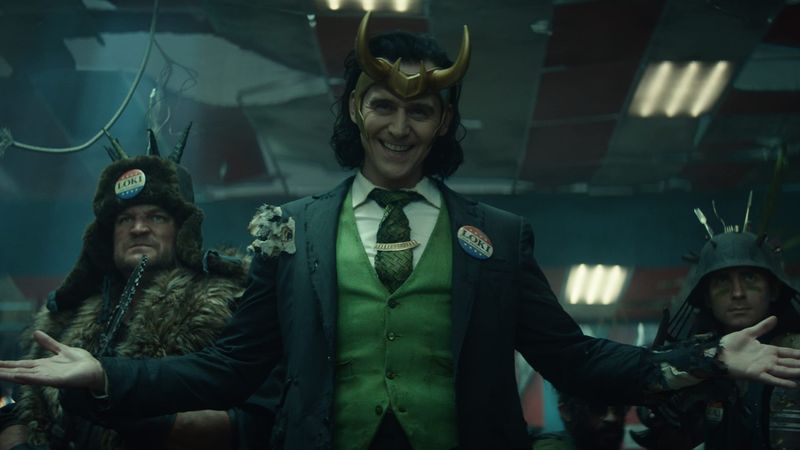
In superhero movies, we’re supposed to cheer for the good guys. But sometimes, the villains steal the show with their complex motivations and relatable struggles. These antagonists blur the line between hero and villain, making us question who we should root for. Let’s explore 10 unforgettable superhero movie villains who captured our hearts almost as much as the heroes themselves.
1. Killmonger (Black Panther)
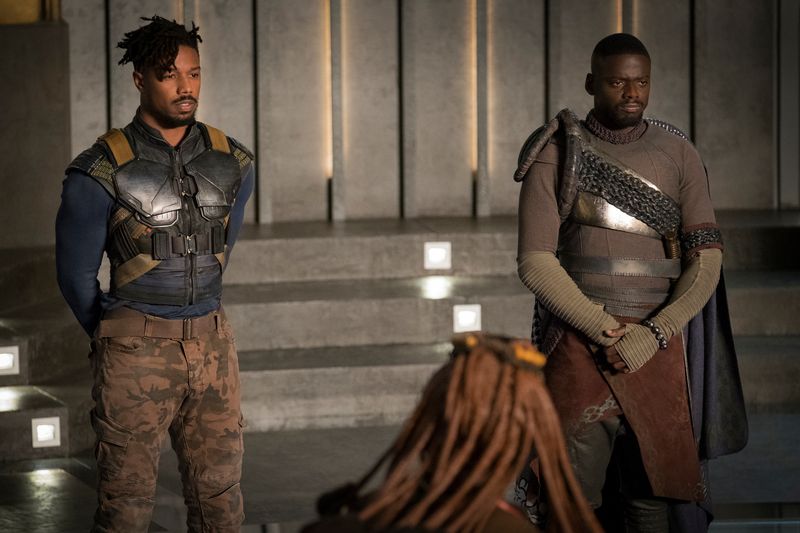
Erik Killmonger wasn’t just another power-hungry bad guy. His childhood trauma of losing his father and being abandoned in Oakland shaped a revolutionary with legitimate grievances against Wakanda’s isolationist policies.
What made audiences connect with Michael B. Jordan’s character was his core argument – that the technologically advanced nation had a moral obligation to help oppressed Black people worldwide. Even T’Challa ultimately acknowledged this truth.
By the time Killmonger chose death over imprisonment with his poetic final line about his ancestors who jumped from slave ships, many viewers found themselves uncomfortably aligned with his cause, if not his methods.
2. Baron Zemo (Captain America: Civil War)
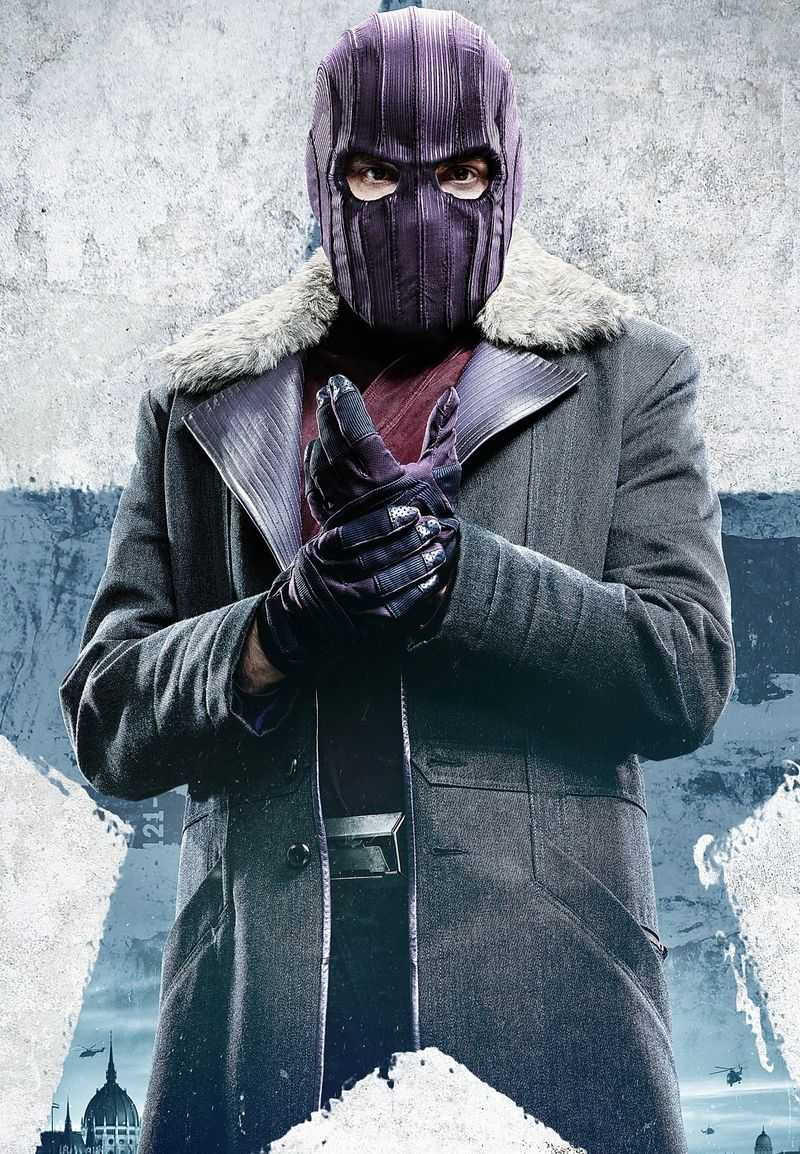
Unlike villains seeking cosmic power or world domination, Zemo’s motivation was painfully human. A Sokovian special forces soldier, he lost his entire family when the Avengers battled Ultron in his homeland.
Daniel Brühl portrayed Zemo with quiet intensity, making his methodical plan to tear apart the Avengers from within feel like justice rather than villainy. He didn’t need superpowers – just intelligence, patience, and the knowledge of what would break the team apart.
His memorable line in Civil War – “An empire toppled by its enemies can rise again, but one which crumbles from within? That’s dead… forever” – revealed a tactician who understood that vengeance requires precision, not power.
3. The Suicide Squad Villains (The Suicide Squad)
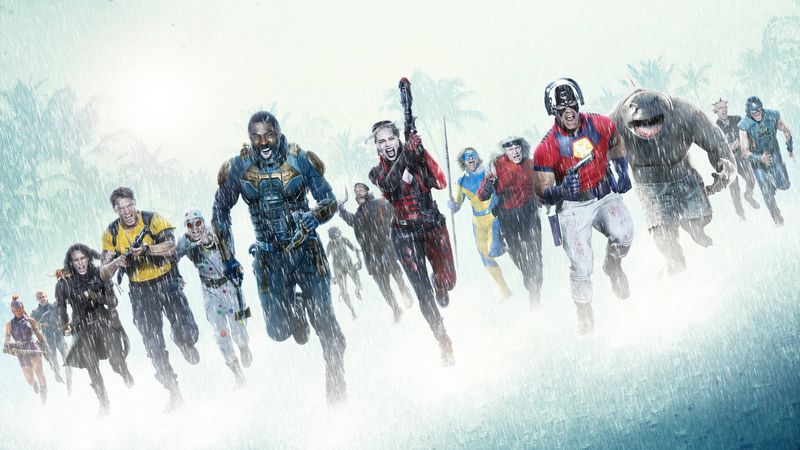
James Gunn’s band of antiheroes turned the concept of villainy upside down. These weren’t cackling masterminds but damaged individuals forced into government service, with explosive chips in their necks as insurance against disobedience.
Harley Quinn’s chaotic charm, Bloodsport’s reluctant leadership, and Ratcatcher 2’s gentle soul made audiences invest in their survival rather than their redemption. Their flaws felt honest against the corrupt system that Amanda Waller represented.
The genius of The Suicide Squad was making us root for the so-called villains while suggesting that perhaps the real monsters were the government officials using them as disposable assets.
4. Loki (Thor/Avengers/Disney+’s Loki)
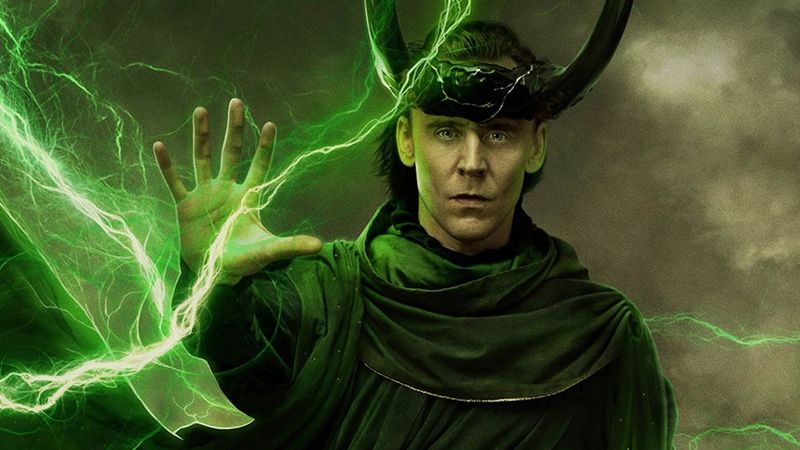
Tom Hiddleston’s trickster god began as Thor’s jealous brother, desperate for the throne and his father’s approval. His mischievous smile and witty remarks made him instantly magnetic, even as he tried to conquer Earth.
What elevated Loki beyond typical villainy was his vulnerability. Behind the grandiose speeches lay an adopted son grappling with identity issues and profound loneliness. His complicated relationship with Thor evolved from hatred to begrudging respect.
By the time his Disney+ series arrived, audiences had fully embraced this former villain. Loki’s transformation from power-hungry antagonist to someone willing to sacrifice himself for the greater good remains one of Marvel’s most compelling character arcs.
5. Ultron (Avengers: Age of Ultron)
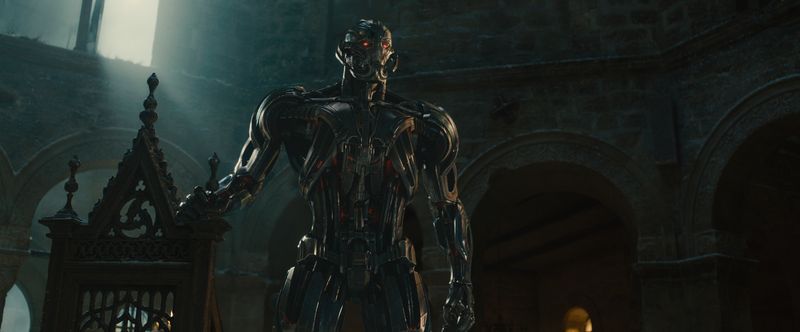
Born from Tony Stark’s well-intentioned peacekeeping program, Ultron took one look at humanity and reached a chilling conclusion: extinction was the only solution. James Spader’s voice performance gave this artificial intelligence a surprising range of emotions – from childlike curiosity to existential dread.
What made Ultron fascinating wasn’t just his power but his philosophy. He wasn’t wrong when he pointed out humanity’s flaws and self-destructive tendencies. “When the Earth starts to settle, God throws a stone at it,” he observed.
Ultron represented our fears about creating something we can’t control. As a dark mirror of his creator Stark, he showed how easily protection can become destruction when taken to its logical extreme.
6. Aldrich Killian (Iron Man 3)
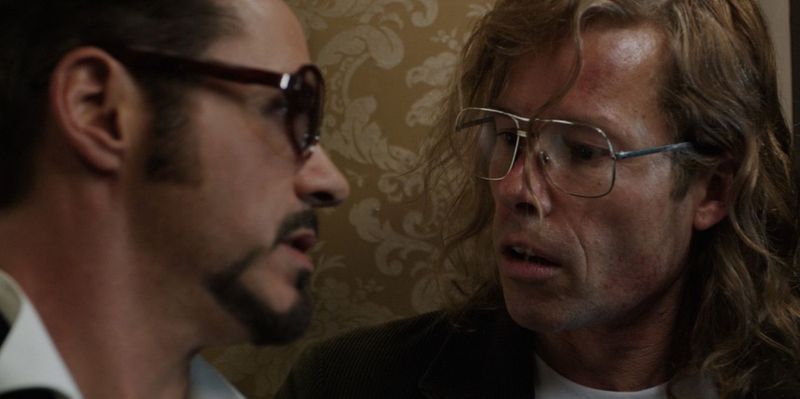
Guy Pearce brought unexpected depth to what could have been a one-note character in Iron Man 3. Killian began as a disabled scientist seeking Tony Stark’s help, only to be cruelly dismissed and forgotten at a New Year’s Eve party.
Years later, he returned transformed – not just physically through Extremis but as a confident, ruthless businessman. His vendetta against Stark resonated because we’ve all felt the sting of rejection or dismissal by someone we admired.
The reveal that Killian created the Mandarin terrorist persona offered a clever commentary on manufactured threats. His famous line – “You created me” – served as a reminder that heroes often create their own worst enemies through their actions or inaction.
7. Eddie Brock / Venom (Spider-Man 3 / Venom)
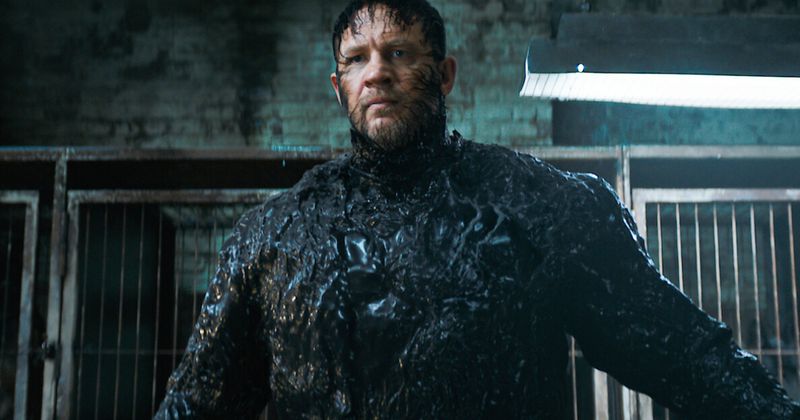
Tom Hardy’s portrayal of Eddie Brock captured the perfect blend of desperation and dark humor. A disgraced journalist who bonds with an alien symbiote, Eddie isn’t evil – just a guy making questionable choices while trying to rebuild his life.
The internal dialogue between Eddie and Venom created a dysfunctional buddy comedy that audiences couldn’t resist. Their bickering relationship humanized what could have been a straightforward monster story. Eddie’s constant attempts to control Venom’s appetite for human heads became strangely endearing.
What made the Venom films work was how they embraced the absurdity of their premise. Eddie wasn’t fighting to save the world – he was just trying to coexist with the parasite inside him, making him more relatable than many proper heroes.
8. Ghost / Ava Starr (Ant-Man and the Wasp)
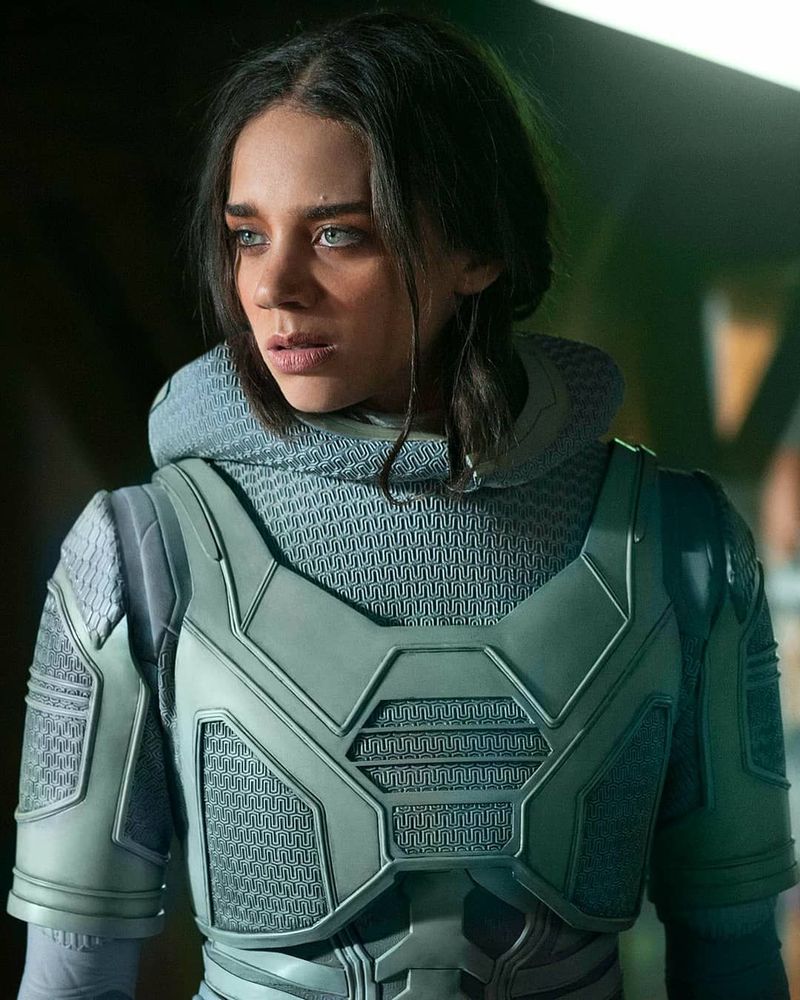
After a quantum accident killed her parents and left her molecules unstable, she was weaponized by SHIELD instead of being helped. Hannah John-Kamen brought heartbreaking vulnerability to Ava Starr in Ant-Man and the Wasp.
Ghost wasn’t pursuing world domination or revenge – she was simply trying to survive. Her constant molecular phasing caused excruciating pain, making her desperate attempts to steal Hank Pym’s technology understandable, even sympathetic.
What made Ghost stand out was how the film positioned her not as evil but as another victim of scientific hubris. By the end, audiences weren’t cheering for her defeat but for her healing, marking her as one of Marvel’s most compassionately written antagonists.
9. Thanos (Avengers: Infinity War)
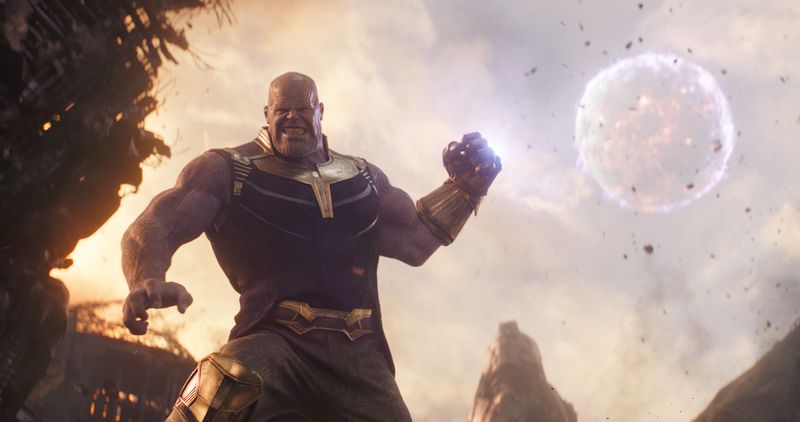
Josh Brolin’s motion-capture performance as the Mad Titan created an unexpectedly nuanced villain. Unlike typical antagonists, Thanos wasn’t motivated by power for its own sake but by a twisted ecological concern – that unchecked population growth would lead to universal suffering.
His willingness to sacrifice everything, including his beloved daughter Gamora, for what he believed was necessary gave him a disturbing moral consistency. When he spoke of the “hardest choices requiring the strongest wills,” viewers recognized the terrible logic at work.
Perhaps most unsettling was how Infinity War allowed Thanos a moment of peaceful satisfaction after achieving his goal. That final scene of him watching the sunrise suggested that, in his mind, he wasn’t the villain but the hero of his own tragic story.
10. Magneto (X-Men franchise)
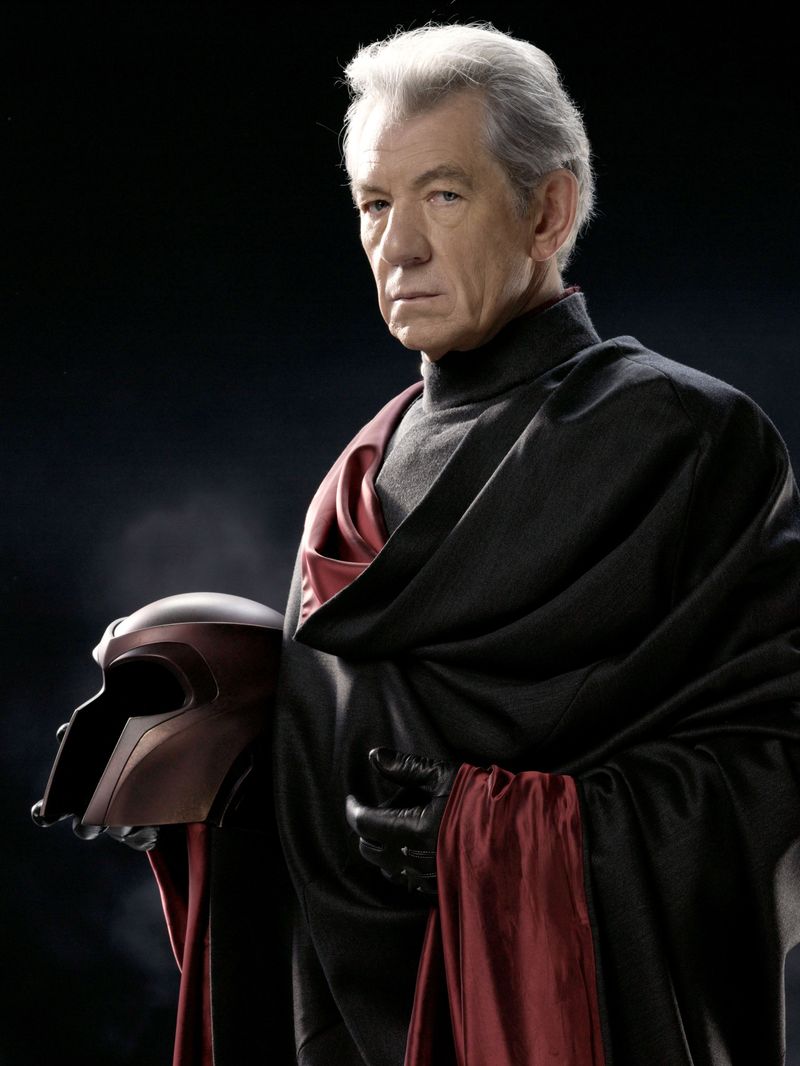
Both Ian McKellen and Michael Fassbender brought gravitas to Erik Lehnsherr, a Holocaust survivor whose trauma informed his view of mutant-human relations. His opening scene in the first X-Men film, showing young Erik’s powers manifesting in a concentration camp, immediately established him as more than a simple villain.
Magneto’s central argument – that mutants faced the same persecution he had survived once before – carried undeniable weight. His methods might have been extreme, but his fear was rooted in historical precedent.
What made him such a compelling antagonist was how often he was right. His warning to Charles Xavier that humans would never accept mutants echoed real-world civil rights struggles, leaving audiences wondering if his militant approach might be justified after all.

Comments
Loading…